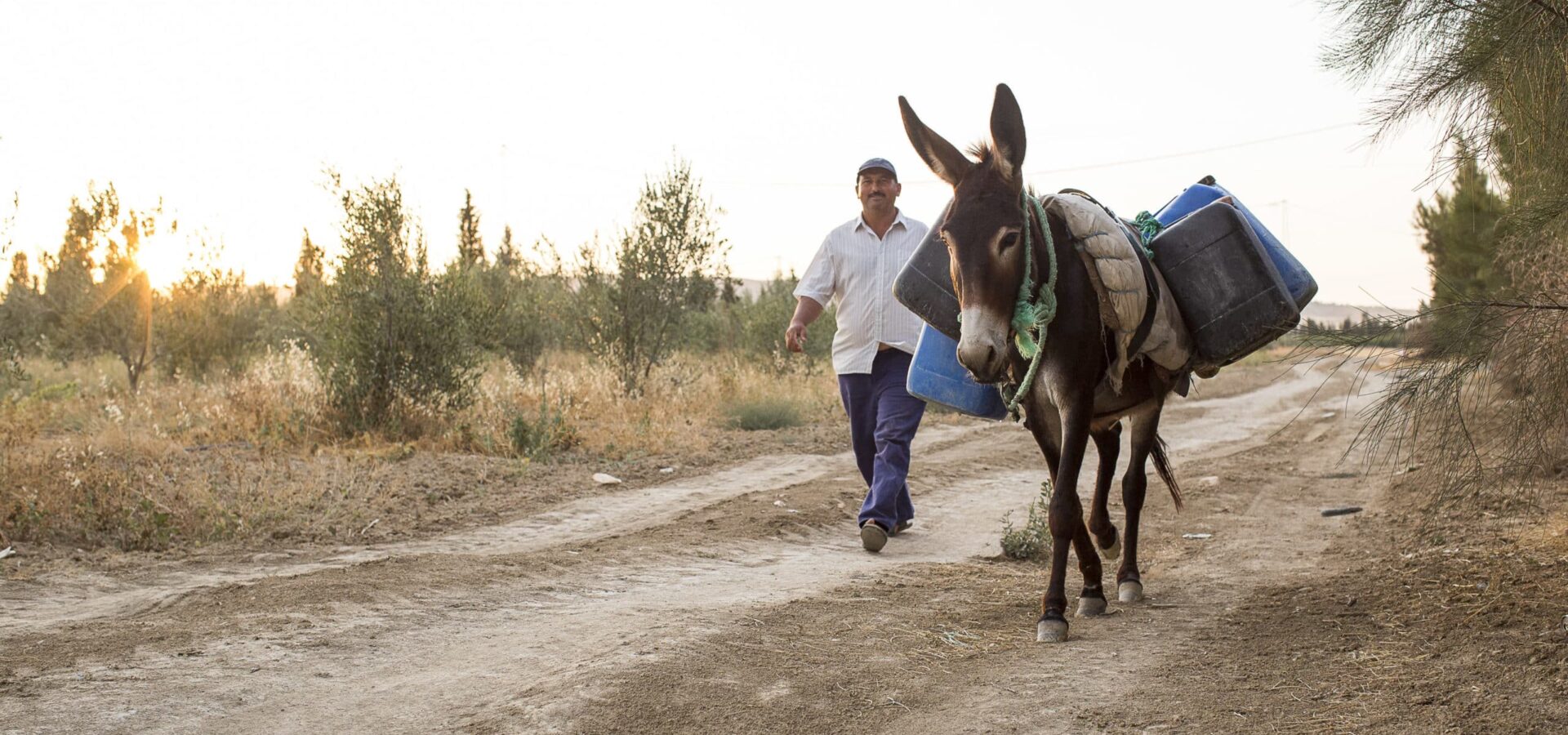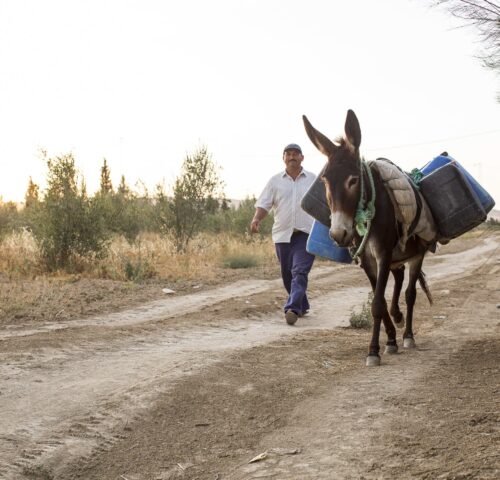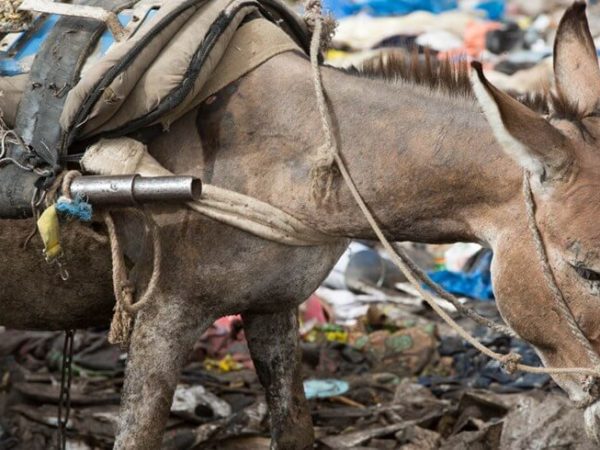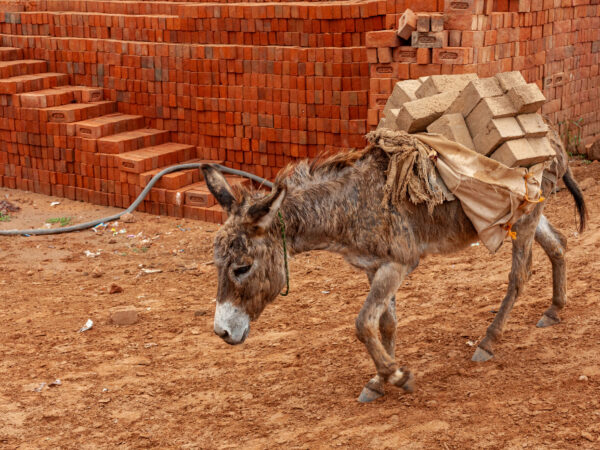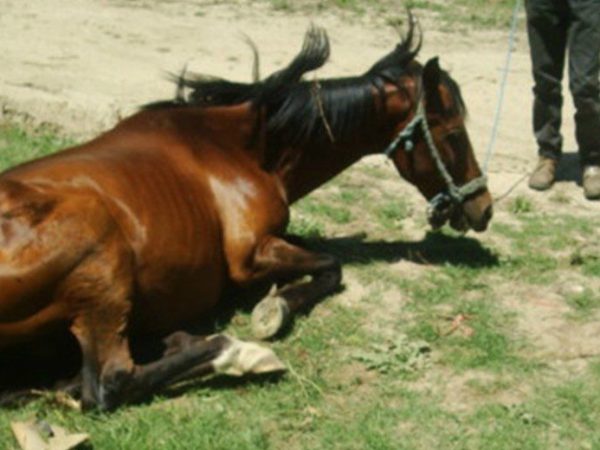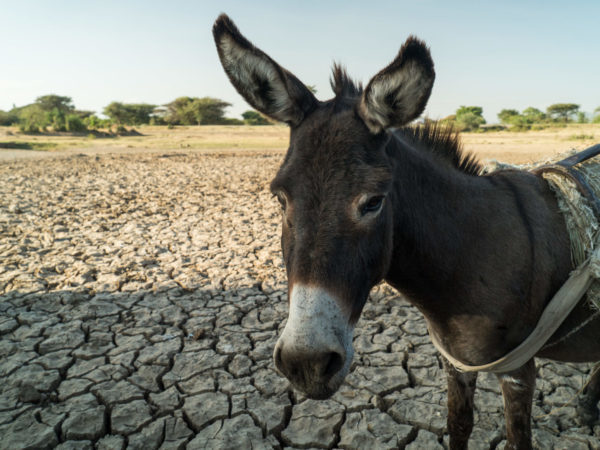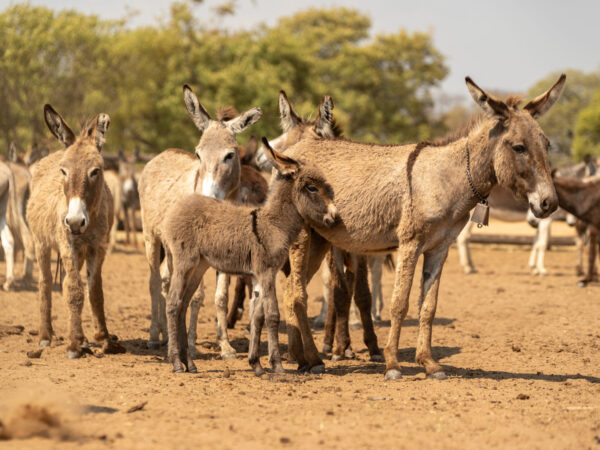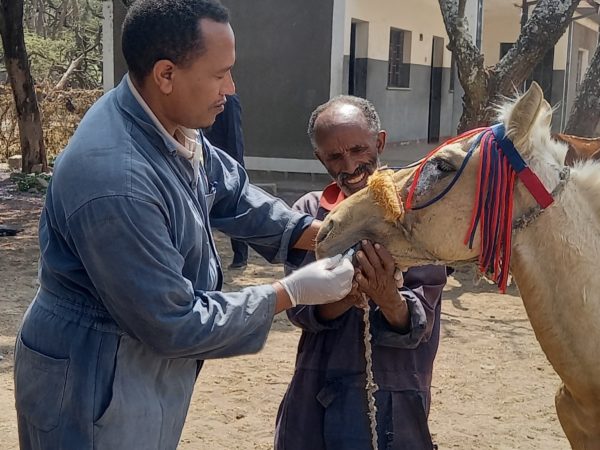Tunisia was one of the first countries our founders Kate and Nina Hosali visited in the 1920s to treat sick and injured working animals. Today, as the Hosalis did all those years ago, our team visits towns and remote areas to provide vital, free veterinary care for animals in need.
Tunisia at a glance
- Population: 12.3 million
- Area: 163,610 square km
- Location: North Africa
- Capital city: Tunis
- Estimated number of working animals: 620,945
- Number of SPANA centres and mobile veterinary clinics: Nine
- Number of working animals treated in 2022: 35,345
- Number of animal owners trained in 2022: 6,450
- Number of veterinary professionals trained in 2022: 96
- Number of children receiving humane education in 2022: 4,967
Our work in Tunisia
We currently have four veterinary centres in Bou Salem, Kasserine, Kebili and Siliana. We also have four mobile clinics that travel to treat animals in souks and rural areas, often in the poorest communities. Tunisia has a large population of working equids and camels. Common problems our vets see include injuries caused by inappropriate harnessing and shoeing. That’s why we also provide practical help and advice to working animal owners, teaching them how to look after their animals and when they should seek treatment.
We also provided animal welfare education for children through a network of animal clubs in schools. Our hands-on mobile exhibition, an interactive education bus, also tours the country to bring engaging, interactive displays and information to schoolchildren.
We also take action for working animals when they need us most. Working animals in Tunisia were hit hard by the impact of the global coronavirus (Covid-19) pandemic, especially those working in the tourism industry. SPANA’s emergency feeding programme ensured those worst affected received the lifesaving food and emergency veterinary treatment they needed.
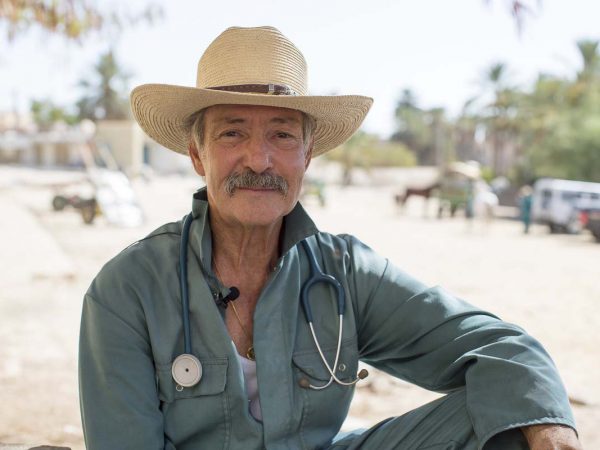
Q&A with Dr Sami Mzabi, SPANA Tunisia Country Director
What particular challenges do working animals face in Tunisia?
Sadly, one of the major problems for working animals in Tunisia is inappropriate care from owners who don’t know how to properly look after them. Misguided traditional practices, such as nose slitting and putting engine oil on wounds, are also common. This is something we are working hard to correct.
What are you most proud of about the work you and your team have done in Tunisia?
Thanks to our community training work, we have seen a big decrease in the use of traditional practices. It’s still a problem, but we’re making a big difference. Aside from that, I’m most proud of the trust and reputation the SPANA Tunisia team have built up with working animal owners.
How have things changed in the last few years?
In recent years, we’ve put a lot more focus on training. So many of the problems we see in our clinics are avoidable. By training communities and working animal owners, we can stop harm and suffering happening in the first place, rather than waiting to treat animals once it has.
What are your ambitions for SPANA’s work in Tunisia in the next few years?
In the next few years, we’ll be working really hard to improve our education programme. We’re trying to increase the number of educators we have by training teachers across the country to deliver animal welfare education to children. We also hope these teachers can run their own animal welfare clubs. We have some clubs run by students, but we would like to have at least one club in every region of the country.

